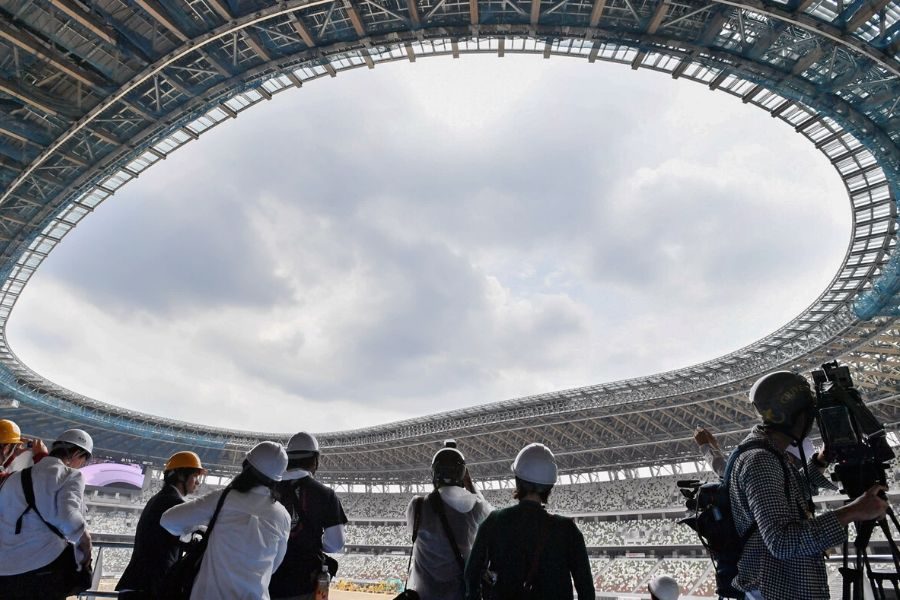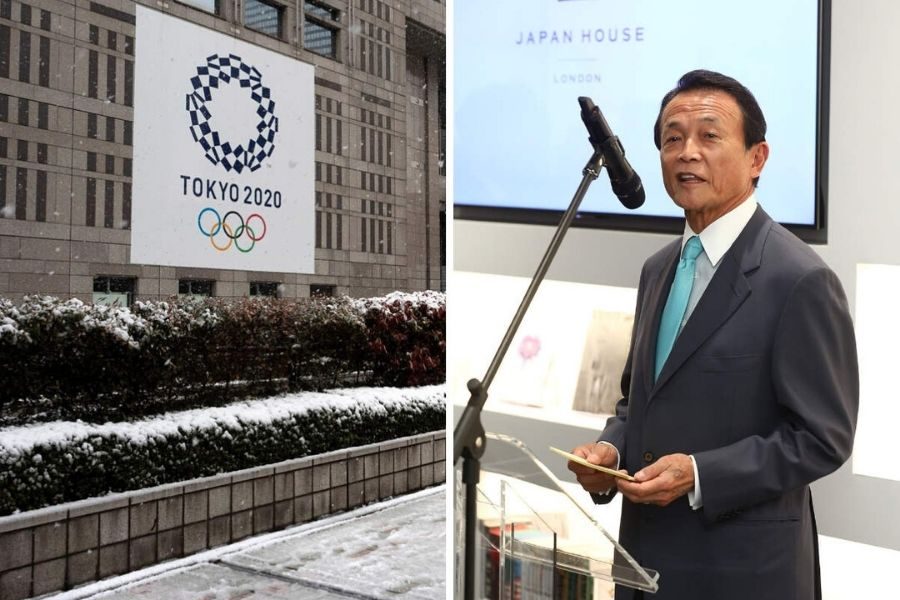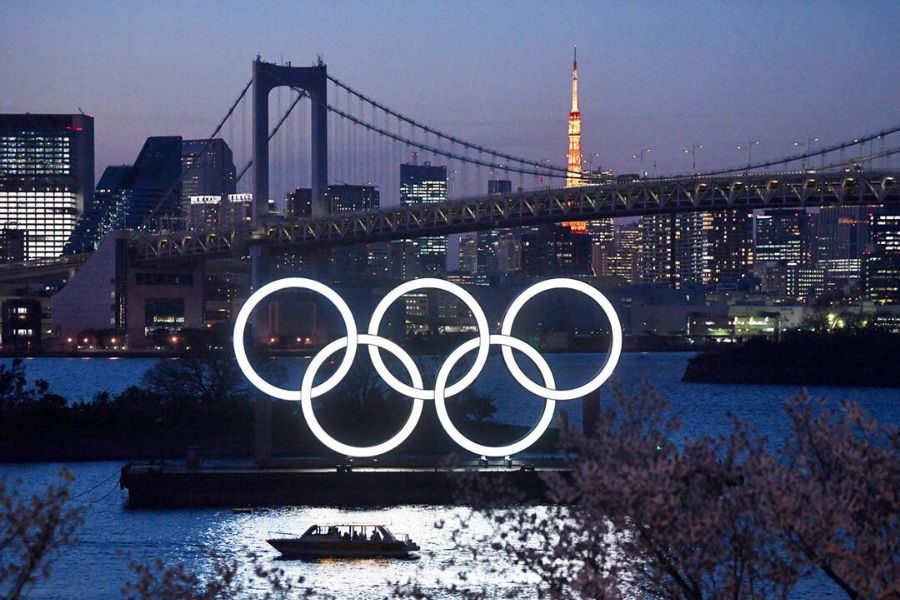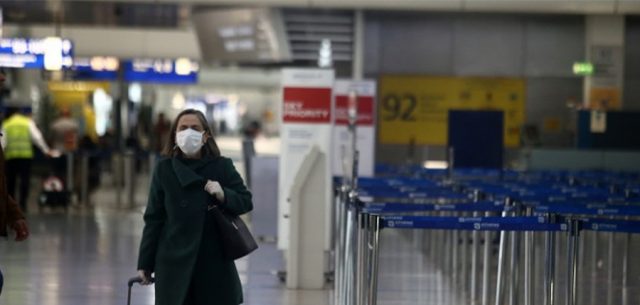The spectre of the 40-year Olympic curse

Japan’s Deputy Prime Minister Taro Aso has a bit of a reputation as the ‘king of gaffes’, so when he declared that the Olympics were ‘cursed,’ few noticed. But it drew attention to the jinxed pattern that seems to repeat itself every 40 years. Tokyo’s hosting of the 1940 Olympics, which would have followed Berlin in 1936, was cancelled due to World War II, while the Moscow Games in 1980 suffered crippling Cold War boycotts following its invasion of Afghanistan. 40 years on, the 2020 Tokyo Olympics, now postponed to 2021, seems doomed.
Maybe the signs were there all along. The modicums of bad luck that had already beset the event included the Olympic marathon being transferred from the Japanese capital to the more temperate Sapporo, Hokkaido. This was due to the potential for heat stroke among athletes during the oppressive Tokyo summer and something that may still pose a dilemma when the Games will be held next year.
Even the new, 68,000 seat green stadium, lavishly clad in timbers derived from Japan’s 48 prefectures, which had been proudly enough unveiled last December, was effectively a second-best choice. The original design by Zaha Hadid, the late Anglo-Iraqi “starchitect”, had been abandoned due to an intense public outcry over its perceived exorbitant cost. A new competition was hastily arranged at the decree of an embattled Prime Minister Shinzo Abe with the winning entry awarded to Kengo Kuma, a homegrown Japanese architect with his own star-power.

Taro Aso (R) quoted history to make his point about the Olympics. ©Getty Images
Now, with the Olympics postponed to 2021 (but, confusingly, still to be known as Tokyo 2020) after facing the real prospect of a full cancellation due to the devastating coronavirus pandemic, the spectre of the so-called “every-40-years Games curse”, propagated by a senior Japanese politician, has emerged.
Tokyo’s hosting of the 1940 Olympics, which would have followed Berlin in 1936, was cancelled due to World War II, while the Moscow Games in 1980 suffered crippling Cold War boycotts following its invasion of Afghanistan.
Now, four more decades on, comes, or came, Tokyo 2020. With the event’s deferment to some time next year, it becomes the first Olympics since the city’s own 1940 vanquished hosting not to take place as scheduled. Even the Munich Olympics in 1972 managed to continue and conclude in spite of the terrorist massacre of Israeli athletes.

©Getty Images
This year’s Games were to be an opportunity for Japan – overshadowed over the past decade by the economic and geopolitical rise of China – to project its considerable soft power and provide a useful boost to its anaemic economy. Furthermore, Tokyo 2020 was positioned by Abe as an opportunity to aid the recovery of Fukushima, site of the 2011 nuclear plant disaster.
Interestingly, the 2020 dates of the Games also coincide, intentionally or not, with the 75th anniversary of the atomic bombings of both Hiroshima and Nagasaki on August 6 and 9, 1945, which have left understandably deep scars on the national psyche.
Tokyo 2020 (the one planned for this year) was also an opportunity to relive some of the glory of the city’s staging of the Olympics in 1964. Those Games are revered by many Japanese as having heralded the nation’s stunningly swift re-emergence in less than two decades into the international community after the shame of its defeat in World War II and the disgrace surrounding its conduct during the conflict.

The Games also marked the unveiling of the Shinkansen (“new trunk line”), more universally known as the “bullet train” between Tokyo and Osaka, a sleek, gleaming demonstration of Japanese technological prowess.
Japan will be granted a second-chance Games by a heretofore intransigent International Olympic Committee, which has done its best to render delusion an official Olympic sport.
No one seriously doubts Japan’s organisational acumen – as displayed by the unbridled success of its staging of last year’s Rugby World Cup. But, Olympic curse or no curse, the Japanese, the IOC and the sporting world will be hoping beyond hope that nothing else goes awry over the next 12 months.













